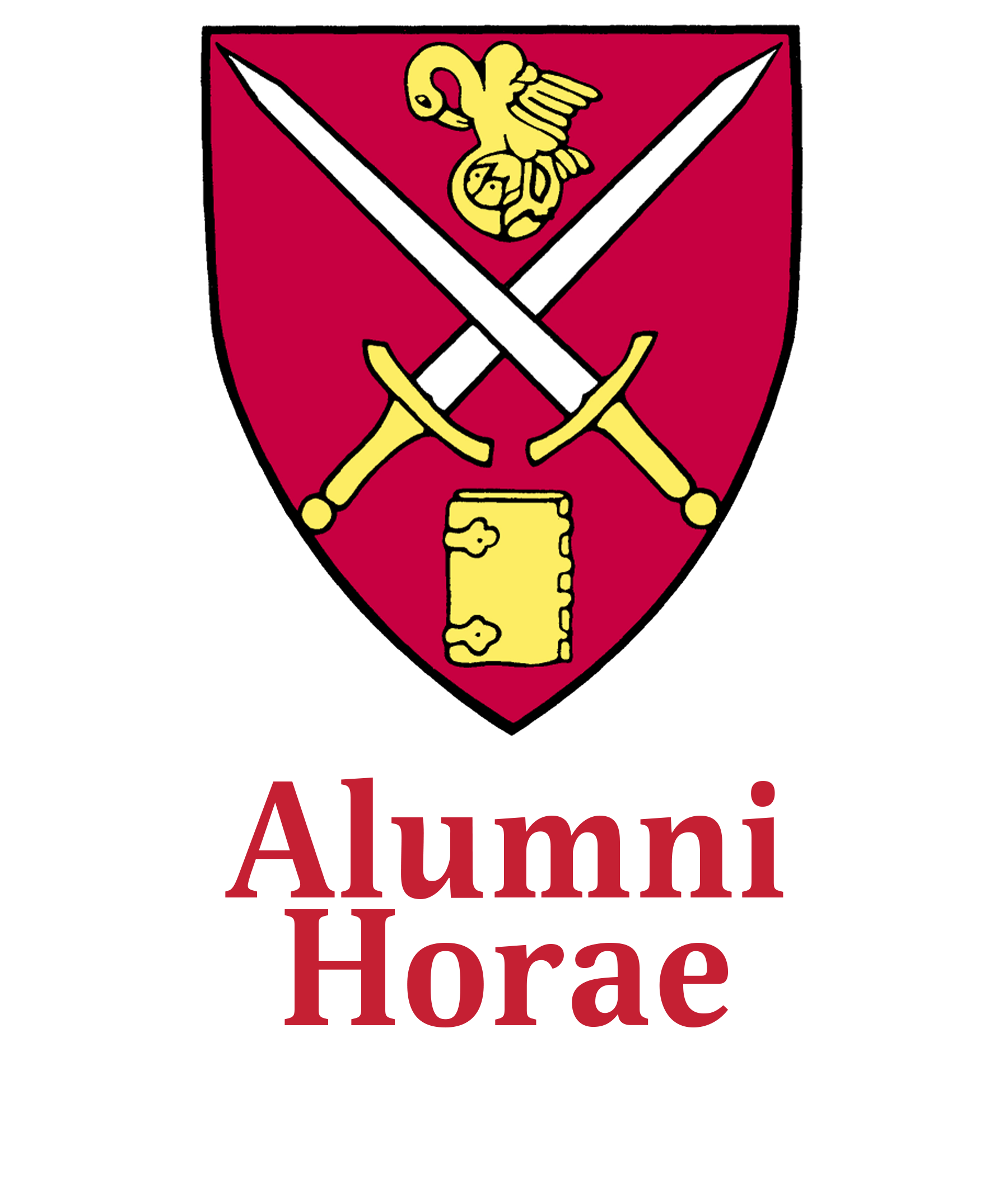John H. Shattuck ’61 | A Natural Leader
John H. Shattuck ’61| A Natural Leader
Alumni Award recipient John H. Shattuck ’61. The award is the highest distinction that can be bestowed on an alumna or alumnus by the Alumni Association.
Jana F. brown | As Washington director of the American Civil Liberties Union, John Shattuck ’61 was deeply involved in the defense of individual rights. In 1976, he was given court authority to take the deposition of former President Richard Nixon in a civil lawsuit related to wiretapping allegations connected to the Watergate scandal that forced his resignation.
Later on, as assistant secretary of state for democracy, human rights, and labor under President Bill Clinton, Shattuck was an investigator and the first person to interview the survivors of the genocide in the U.N. safe zone of Srebrenica, Bosnia, where thousands remained missing.
“That was a terrible time,” says Shattuck, who was involved in the creation of criminal tribunals of those responsible for mass persecution in both Bosnia and Rwanda. Shattuck worked with fellow Assistant Secretary of State Richard Holbrooke and others to negotiate the 1995 Dayton Agreement, a peace accord that put an end to the war in Bosnia.
Shattuck has enjoyed a varied career, one that has taken him from his early days as a civil rights lawyer to his appointment in the Clinton administration, to a post as U.S. ambassador to the Czech Republic to his current positions as professor at Tufts University’s Fletcher School of Law and as senior fellow at Harvard’s Kennedy School of Government. At Harvard, Shattuck conducts research on problems of democracy in Europe and the U.S. In between, he has served as head of the John F. Kennedy Library Foundation and, most recently, as president and rector of Central European University (CEU) in Budapest, Hungary.
In his leadership role at CEU (2009-16), Shattuck helped build a new school of public policy and introduced standout programs in humanities and social sciences that ranked among the top 100 internationally at the end of his tenure.
“It was a real chance to strengthen a great academic institution,” Shattuck says. “The university was built in 1991 as a way of restoring academic freedom in Eastern Europe.”
A distant relative of George Shattuck, the SPS founder, Shattuck has a long family connection to the School. He credits former faculty members John Walker and Richard Stewart with influencing his interest in history and says he learned enough French at SPS to get by for a lifetime. As a Fifth Former, Shattuck was selected as the St. Paul’s representative to the American Field Service’s summer scholarship program. Through that oportunity, he lived with a family in Damascus, Syria – not far from the war-torn city of Aleppo that has been deep in the public consciousness in recent years.
“That was my first international experience,” he says, “and it led me where I have gone.” Above all, Shattuck adds, his family, four children, and seven grandchildren remain his “proudest achievements.”

